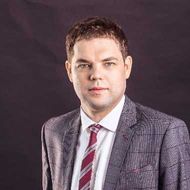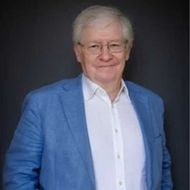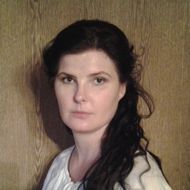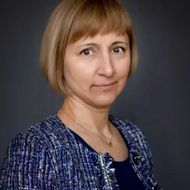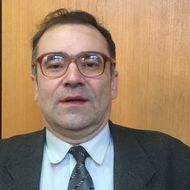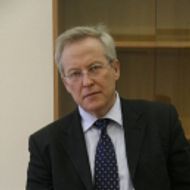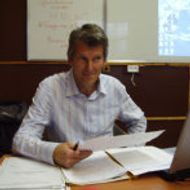- A
- A
- A
- ABC
- ABC
- ABC
- А
- А
- А
- А
- А
-
The School
17/1 Malaya Ordynka Str., Moscow, 119017
Phone: +7(495)772-95-90*22237
Email: wec@hse.ru
 The Multilateralism of the New Development Bank on the Sustainable Economic Growth in BRICS Nations and Beyond
The Multilateralism of the New Development Bank on the Sustainable Economic Growth in BRICS Nations and Beyond
Morozkina A., Grigoryev L. M., Gaspardo M. et al.
Emerald Group Publishing Ltd., 2025.
Igor Makarov, Elizaveta Smolovik.
Energy Research and Social Science. 2026. Vol. 132.
Leonid Grigoryev, Morozkina A.
In bk.: The Multilateralism of the New Development Bank on the Sustainable Economic Growth in BRICS Nations and Beyond. Emerald Group Publishing Ltd., 2025. Ch. 6. P. 83-101.
ALI I.
GMU Working Paper in Economics. SSRN Working Paper Series. Social Science Research Network, 2025
About the School
The School of World Economy brings together departments that traditionally formed the backbone of research into global economic processes. The most important areas of research are:
- Economies of countries and regions
- Global regulation
- World finances
- Trade policies
- Energy sector
- International business mechanisms.
The School's leading specialists include well-known researchers, theorists and practitioners who have a comprehensive understanding of their subjects. As ecperienced teachers they can explain the complex problems in global economy, the interaction between the various different processes underway, and the origins of the main trends to Russian and international students. They bring theory to life – linking it with current challenges in the global economy.
Working with students as junior colleagues not only means that they get a full breadth of knowledge, but also help create these future specialists who will be in demand and effective in business, state institutions, and science.
- About
- About
- Key Figures & Facts
- Sustainability at HSE University
- Faculties & Departments
- International Partnerships
- Faculty & Staff
- HSE Buildings
- HSE University for Persons with Disabilities
- Public Enquiries
- Studies
- Admissions
- Programme Catalogue
- Undergraduate
- Graduate
- Exchange Programmes
- Summer Schools
- Semester in Moscow
- Business Internship
- © HSE University 1993–2026 Contacts Copyright Privacy Policy Site Map
- Edit
